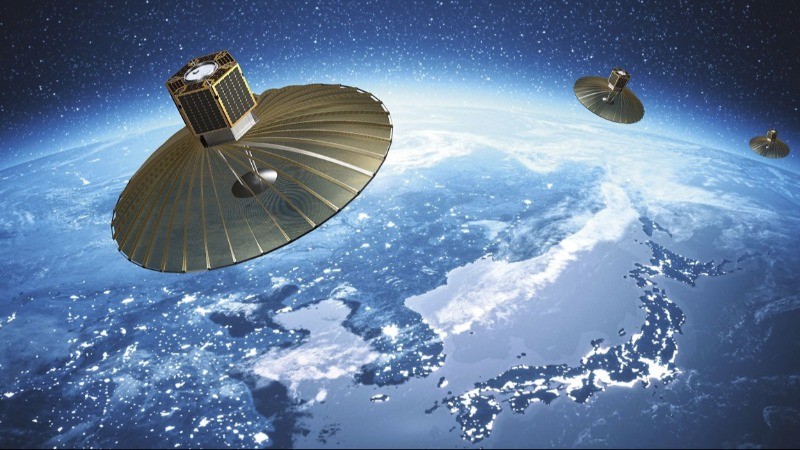
In a bid to address the growing issue of space debris, space startups from Japan and India have announced a collaboration to study the use of laser-equipped satellites for debris removal. On December 17, Tokyo-based Orbital Lasers and India's InspeCity confirmed their agreement to explore the feasibility of using laser technology to clear space junk, a problem that has become increasingly urgent due to the rapid accumulation of satellites and debris in Earth's orbit.
Orbital Lasers, a company that spun off from Japanese satellite giant SKY Perfect JSAT earlier this year, is developing a unique system designed to use laser energy to stop the rotation of space debris. This innovative system works by vaporizing small parts of the debris' surface, making it easier for a servicing spacecraft to rendezvous and remove the junk. Aditya Baraskar, the global business lead for Orbital Lasers, explained that the company plans to demonstrate this system in space by 2027, with the goal of offering it to satellite operators afterward. The technology could even be mounted on satellites built by InspeCity, provided the companies clear the necessary regulatory requirements in both Japan and India.
Founded in 2022, InspeCity has already made significant strides in the industry, raising $1.5 million in funding last year. Orbital Lasers, meanwhile, has raised 900 million yen ($5.8 million) since its inception in January. The collaboration is seen as a major step forward in the rapidly expanding space servicing sector, which is gaining attention due to the growing number of satellites in low Earth orbit.
The urgency of this issue was highlighted in late October when a United Nations panel on space traffic coordination called for immediate action to track and manage objects in low Earth orbit. With more than 100 companies already operating in the space servicing market, including pioneers like Japan's Astroscale, the need for solutions to manage space debris is more pressing than ever.
This partnership between Japan and India is just one of several collaborative efforts between the two nations in the space sector. Both countries are working together on the Lunar Polar Exploration (LUPEX) mission, which could launch as early as 2026. Additionally, Indian companies like Skyroot and HEX20 are collaborating with Japanese moon exploration firm ispace on future lunar missions.
Masayasu Ishida, CEO of Tokyo-based nonprofit SPACETIDE, emphasized that the commercial space cooperation between Japan and India has been driven by Japanese satellite data solutions for India's disaster management and agriculture sectors. The partnership has the potential to expand into other areas, including manufacturing. Ishida noted that the key to success lies in finding complementary relationships that align with national policies, such as India's "Make in India" initiative, which encourages local production.